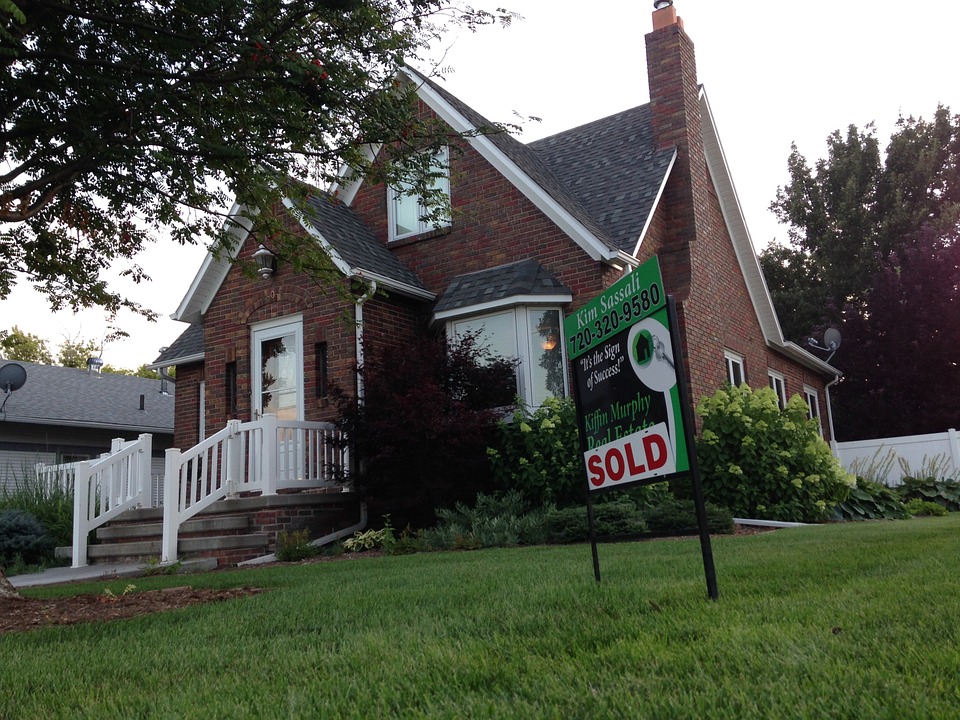Existing Home Sales Jump in January

January proved to be a good month for home sales, with single-family homes, condominiums, townhouses and co-ops selling at the fastest pace in nearly a decade in January, according to information provided by the National Association of REALTORS.
According to the association’s most recent home-sales report, the number of total existing-home sales rose 3.3 percent in the United States in January when compared to December of last year. The number of homes sold in January comes out to a seasonally adjusted annual rate of 5.69 million. That’s up from an annual rate of 5.51 million December of last year.
That figure is not only up from the previous month, it’s also a solid improvement from the previous year. The REALTORS association reported that existing-home sales in January were up 3.8 percent from the same month in 2016.
Rising even with higher interest rates
What’s most impressive about these numbers? They are coming even as mortgage interest rates continue to rise. According to the Freddie Mac Primary Mortgage Market Survey, the the average interest rate for a 30-year, fixed-rate mortgage stood at 4.10 percent for the week ending March 2. That’s up from an average of 3.64 percent from the same week a year earlier.
The trend is the same for 15-year, fixed-rate mortgages. According to Freddie Mac, the average rate on a 15-year, fixed-rate loan for the week ending March 2 was 3.32 percent. That’s up from 2.94 percent a year earlier.
Consumer confidence on the rise
So, why did home sales boom in January even as borrowing mortgage dollars become more expensive? The key might be more confident consumers.
In a press release from the National Association of REALTORS, Lawrence Yun, the association’s chief economist, said that consumers across the United States are growing more confident as unemployment continues to fall.
Those who did sell homes in January had some additional good news: The odds are high that they sold their condominiums and single-family homes for higher prices. The association reported that the median existing-home price hit $228,900 in January. That is up a solid 7.1 percent from January of 2016, when the median price was $213,700. The increase in prices in January marked the 59th consecutive month in which the country saw year-over-year gains in median prices.
Dealing with tight inventory
The biggest challenge for buyers today? It might be finding a home to purchase. The REALTORS association reported that there were 1.69 million existing homes for sale at the end of January. That might sound like a lot, but it’s really not. That inventory level, in fact, is down 7.1 percent from a year earlier, when there were 1.82 million existing homes on the market. This trend doesn’t look to be changing anytime soon, either. The latest inventory data from the association shows that declining inventory levels are far from a new situation.
This low inventory might be why homes are staying on the market for fewer days. The REALTORS association says that in January existing homes sold in an average of 50 days. That was down from a much longer 64 days during the same month one year earlier.
If you’re looking to buy a single-family home or condominium today, you’ll be entering a busy market. You might not take the time in such a market to consider homeowners insurance. But don’t forget this critical step. Insuring a condo or single-family home is a key step when buying a new home. You want your investment — probably the biggest of your life — to be protected.
Don’t let the challenge of finding the right home and mortgage blind you to the search for the right insurance package. Do your research. And then take out the best residential insurance policy you can find for the best price. That’s one way to guarantee that the residence you do find will actually be a home sweet home.



